“J5” Global Tax Chiefs Mark Two Years Of Cooperation To Tackle International Tax Evasion
“J5” Global Tax Chiefs Mark Two Years Of Cooperation To Tackle International Tax Evasion
Leaders from five international tax organizations are marking the two-year anniversary of the formation of the Joint Chiefs of Global Tax Enforcement (J5). The J5 was formed in 2018 after a call to arms from the OECD Taskforce on Tax Crime and has been working together to gather information, share intelligence and conduct coordinated operations, making significant progress in each country’s fight against transnational tax crime.
The J5 includes the Australian Taxation Office (ATO, the Canadian Revenue Agency (CRA), the Dutch Fiscal Information and Investigation Service (FIOD), Her Majesty’s Revenue and Customs (HMRC) from the UK and the Internal Revenue Service Criminal Investigation Division (IRS-CI) from the US.
Taking advantage of each country’s strengths, the J5’s initial focus was on enablers of tax crime, virtual currency and platforms that enable each country to share information in a more efficient manner. Within the framework of each country’s laws, J5 countries shared information and were able to open new cases, more completely develop existing cases, and find efficiencies to reduce the time it takes to work cases. Operational results have always been the goal of the organization and the J5 states that these results have started to materialize.
“While operational results matter, I’ve been most excited at the other benefits that this group’s existence has provided,” said Don Fort, Chief, IRS Criminal Investigation. “In speaking with law enforcement partners domestically and abroad as well as stakeholders in various public and private tax organizations, there is real support for this organization and tangible results we have all seen due to the cooperation and global leadership of the J5.”
“Big Data” Goes Global With The J5
It is reported that during the two years since the J5’s inception, hundreds of data exchanges between J5 partner agencies have occurred with more data being exchanged in the past year than the previous 10 years combined. The concept is that each J5 country brings different strengths and skillsets to the J5 and leveraging those skills and capabilities enhance the effectiveness and success of the J5.
Since the inception of the organization, two J5 countries have hosted events known as “Challenges” aimed at developing operational collaboration. FIOD hosted the first J5 “Challenge” in Utrecht in 2018 and brought together leading data scientists, technology experts and investigators from all J5 countries in a coordinated push to track down those who make a living out of facilitating and enabling international tax crime. The event identified, developed, and tested tools, platforms, techniques, and methods that contribute to the mission of the J5 focusing on identifying professional enablers facilitating offshore tax fraud. The following year, the U.S. hosted a second “Challenge” in Los Angeles and brought together investigators, cryptocurrency experts and data scientists in a coordinated push to track down individuals perpetrating tax crimes around the world. With the rise in crypto currency, the J5 has created a platform called “FCInet” which is a decentralized virtual computer network that enables tax agencies to compare, analyze and exchange data anonymously. It helps tax agencies to obtain the right information in real-time and enables agencies from different jurisdictions to work together while respecting each other’s local autonomy. Organizations can jointly connect information, without needing to surrender data or control to a central database. FCInet doesn’t collect data, rather it connects data.
The U.S Justice Department announced that in early July 2020, a Romanian man was arrested in Germany and admitted to conspiring to engage in wire fraud and offering and selling unregistered securities in connection with his role in the BitClub Network, a cryptocurrency mining scheme worth at least $722 million. This plea was the first for a case under the J5 umbrella and stemmed from collaboration with the Netherlands during the “Challenge” in Los Angeles in 2019.
Penalties for Non-Compliance
Federal tax law requires U.S. taxpayers to pay taxes on all income earned worldwide. U.S. taxpayers must also report foreign financial accounts if the total value of the accounts exceeds $10,000 at any time during the calendar year. Willful failure to report a foreign account can result in a fine of up to 50% of the amount in the account at the time of the violation and may even result in the IRS filing criminal charges.
Civil Fraud – If your failure to file is due to fraud, the penalty is 15% for each month or part of a month that your return is late, up to a maximum of 75%.
Criminal Fraud – Any person who willfully attempts in any manner to evade or defeat any tax under the Internal Revenue Code or the payment thereof is, in addition to other penalties provided by law, guilty of a felony and, upon conviction thereof, can be fined not more than $100,000 ($500,000 in the case of a corporation), or imprisoned not more than five years, or both, together with the costs of prosecution (Code Sec. 7201).
The term “willfully” has been interpreted to require a specific intent to violate the law (U.S. v. Pomponio, 429 U.S. 10 (1976)). The term “willfulness” is defined as the voluntary, intentional violation of a known legal duty (Cheek v. U.S., 498 U.S. 192 (1991)).
Additionally, the penalties for FinCEN Form 114, Report of Foreign Bank and Financial Accounts (FBAR) noncompliance are stiffer than the civil tax penalties ordinarily imposed for delinquent taxes. For non-willful violations, it is $10,000 per account per year going back as far as six years. For willful violations, the penalties for noncompliance which the government may impose include a fine of not more than $500,000 and imprisonment of not more than five years, for failure to file a report, supply information, and for filing a false or fraudulent report.
Lastly, failing to file Form 8938 when required could result in a $10,000 penalty, with an additional penalty up to $50,000 for continued failure to file after IRS notification. A 40% penalty on any understatement of tax attributable to non-disclosed assets can also be imposed.
Since September 28, 2018, the IRS discontinued the Offshore Voluntary Disclosure Program (OVDP); however, on November 20, 2018 the IRS issued guidelines by which taxpayers with undisclosed foreign bank account and unreported foreign income can still come forward with a voluntary disclosure. The voluntary disclosure program is specifically designed for taxpayers with exposure to potential criminal liability and/or substantial civil penalties due to a willful failure to report foreign financial assets or foreign in income or any unreported income whether it be domestic or foreign. In general, voluntary disclosures will include a six-year disclosure period. The disclosure period will require examinations of the most recent six tax years so taxpayers must submit all required returns and reports for the disclosure period. Click here for more information on available Voluntary Disclosure Programs.
What Should You Do?
Recent closure and liquidation of foreign accounts will not remove your exposure for non-disclosure as the IRS will be securing bank information for the last eight years. Additionally, as a result of the account closure and distribution of funds being reported in normal banking channels, this will elevate your chances of being selected for investigation by the IRS. For those taxpayers who have submitted delinquent FBAR’s and amended tax returns without applying for amnesty (referred to as a “quiet disclosure”), the IRS has blocked the processing of these returns and flagged these taxpayers for further investigation. You should also expect that the IRS will use such conduct to show willfulness by the taxpayer to justify the maximum punishment.
We encourage taxpayers who are concerned about their undisclosed offshore accounts or who have unreported crypto currency transactions to come in voluntarily before learning that the U.S. is investigating the bank or banks where they hold accounts. By then, it will be too late to avoid criminal prosecution or programs with reduced civil penalties. Protect yourself from excessive fines and possible jail time. Let the tax attorneys of the Law Offices Of Jeffrey B. Kahn, P.C. located in Orange County (Irvine), San Francisco Bay Area (including San Jose and Walnut Creek) and elsewhere in California help ensure that you are in compliance with federal tax laws. Additionally, if you are involved in cannabis, check out what a cannabis tax attorney can do for you. And if you are involved in crypto currency, check out what a bitcoin tax attorney can do for you.

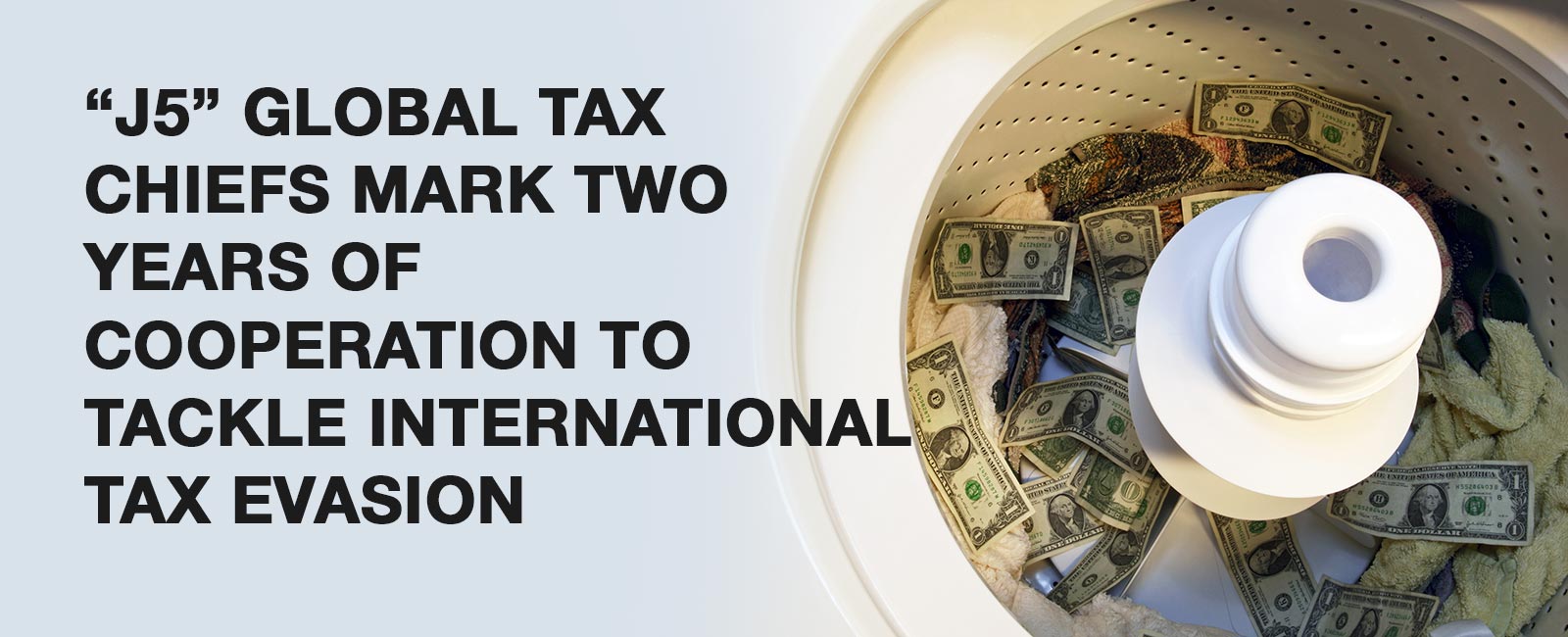
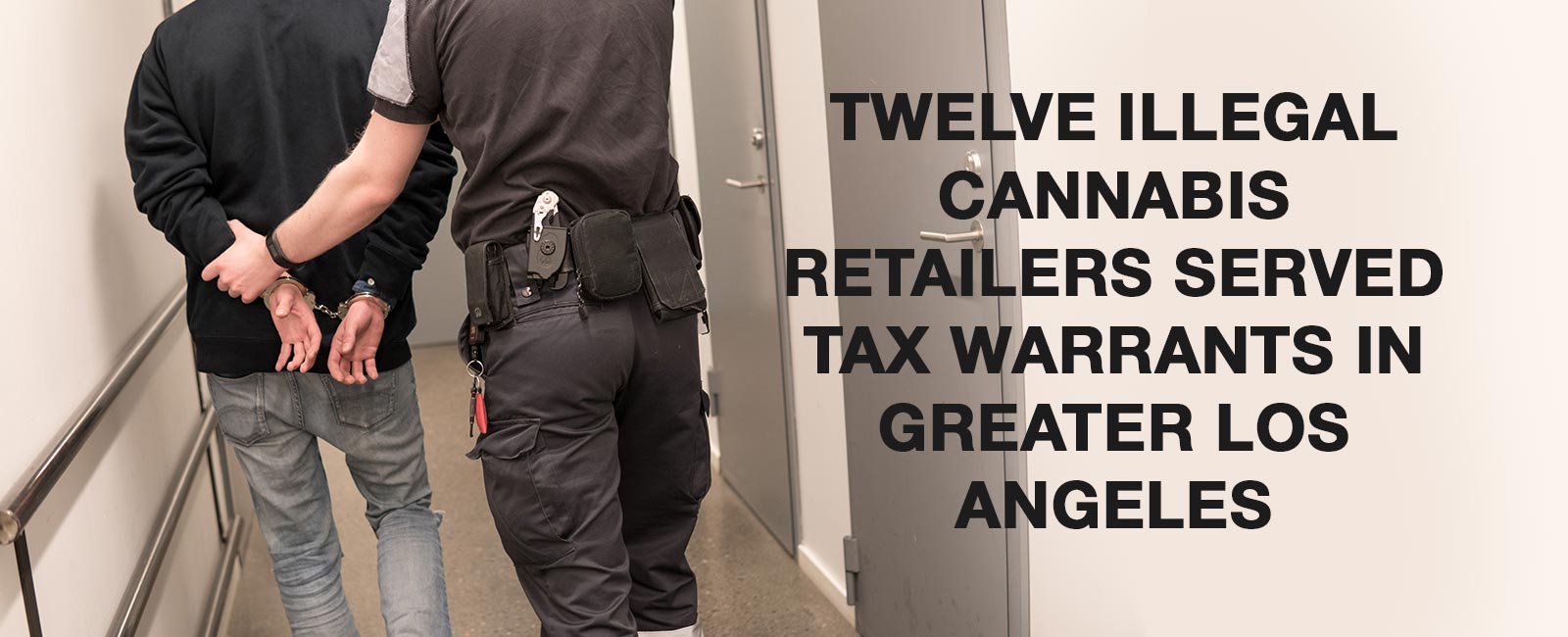
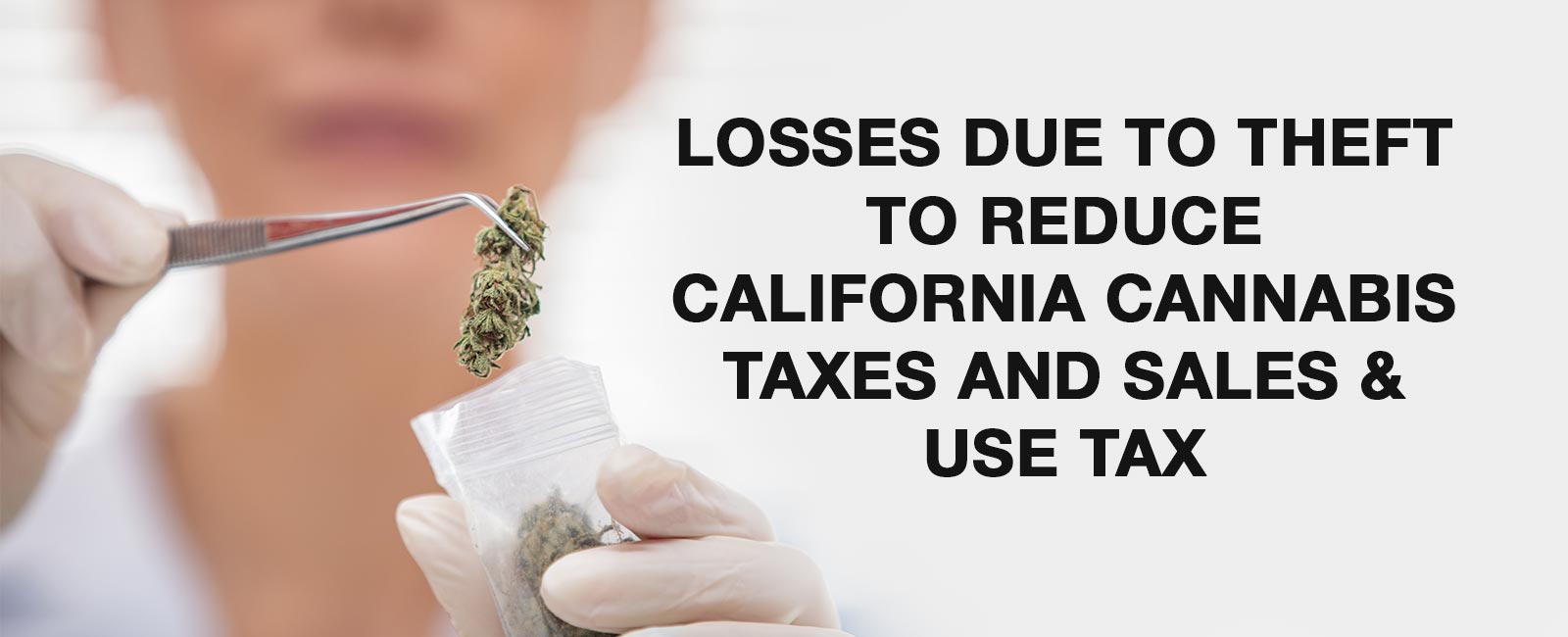

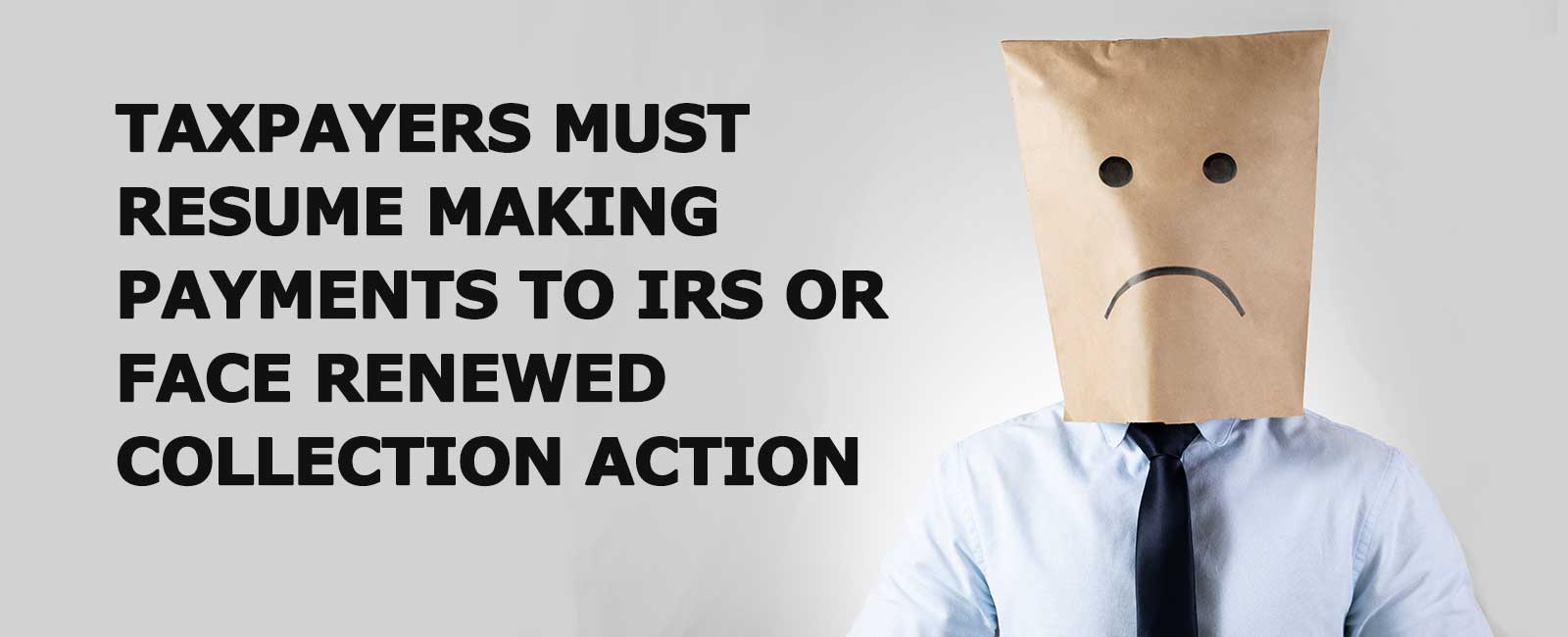
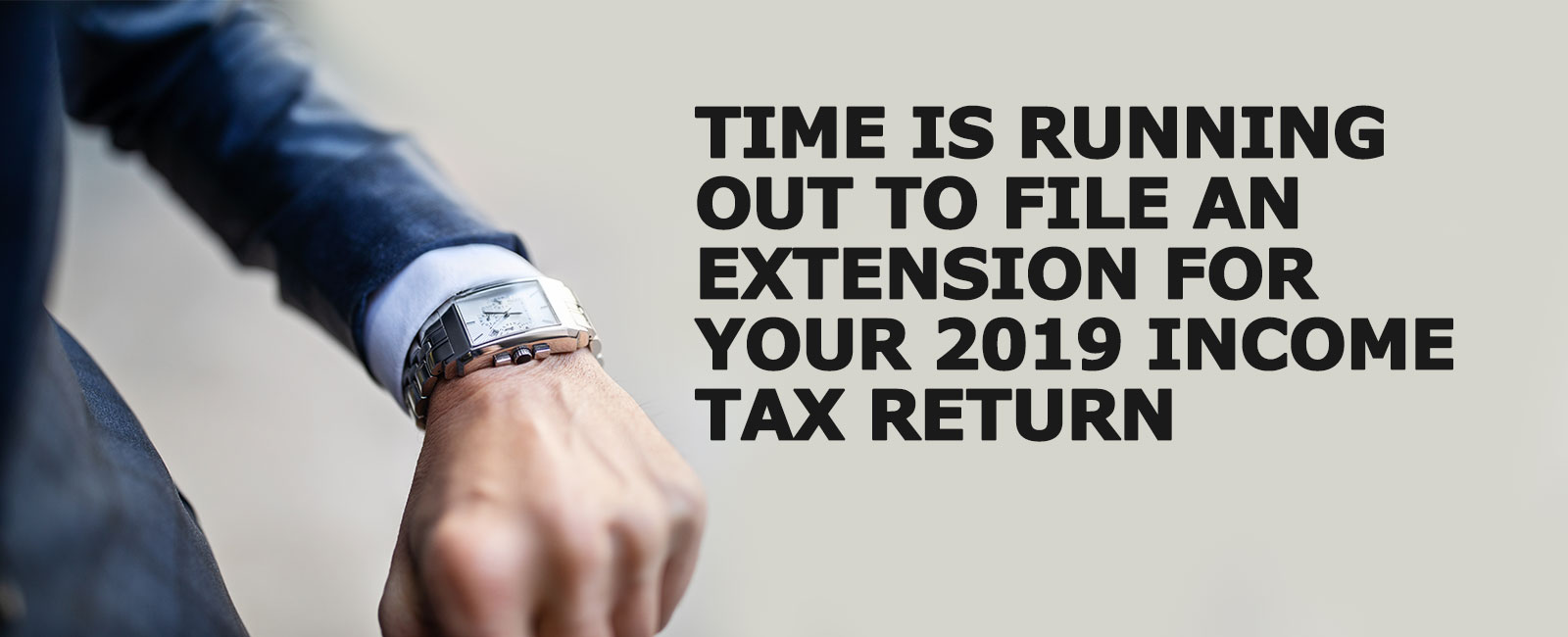




 Follow
Follow Follow
Follow